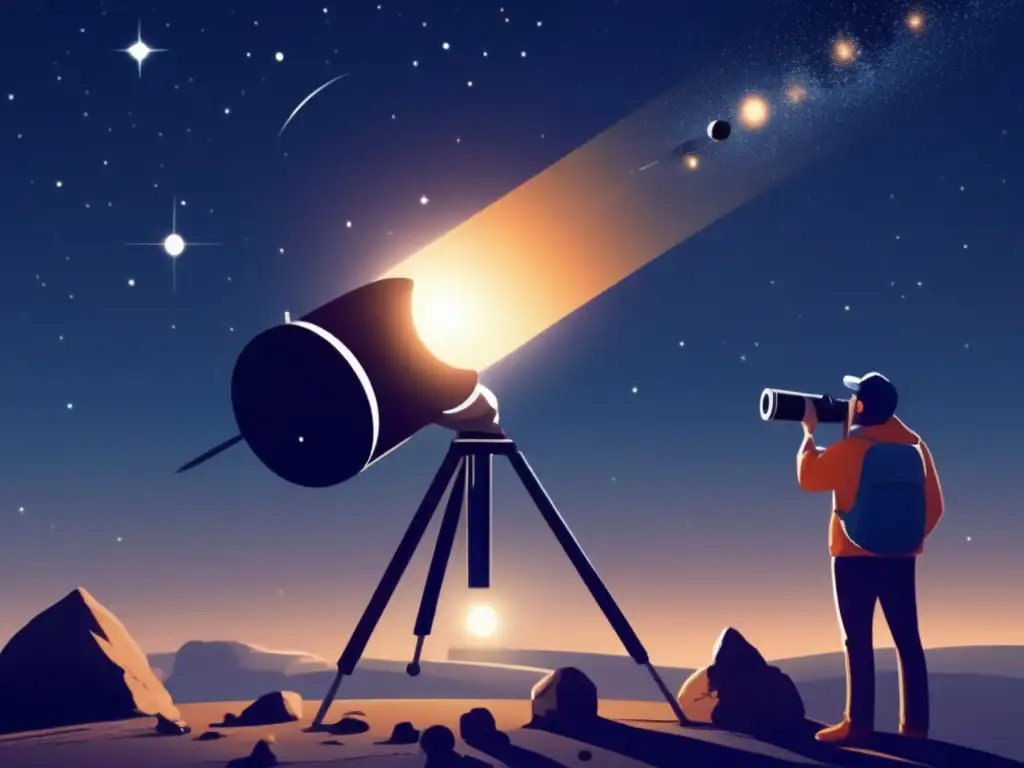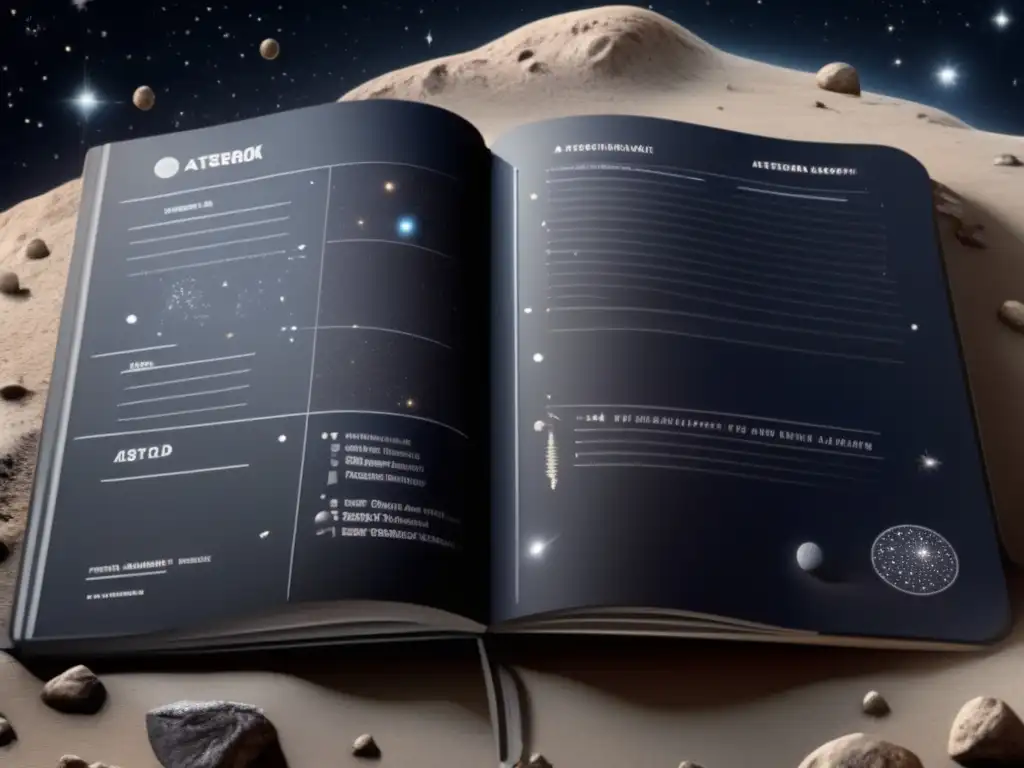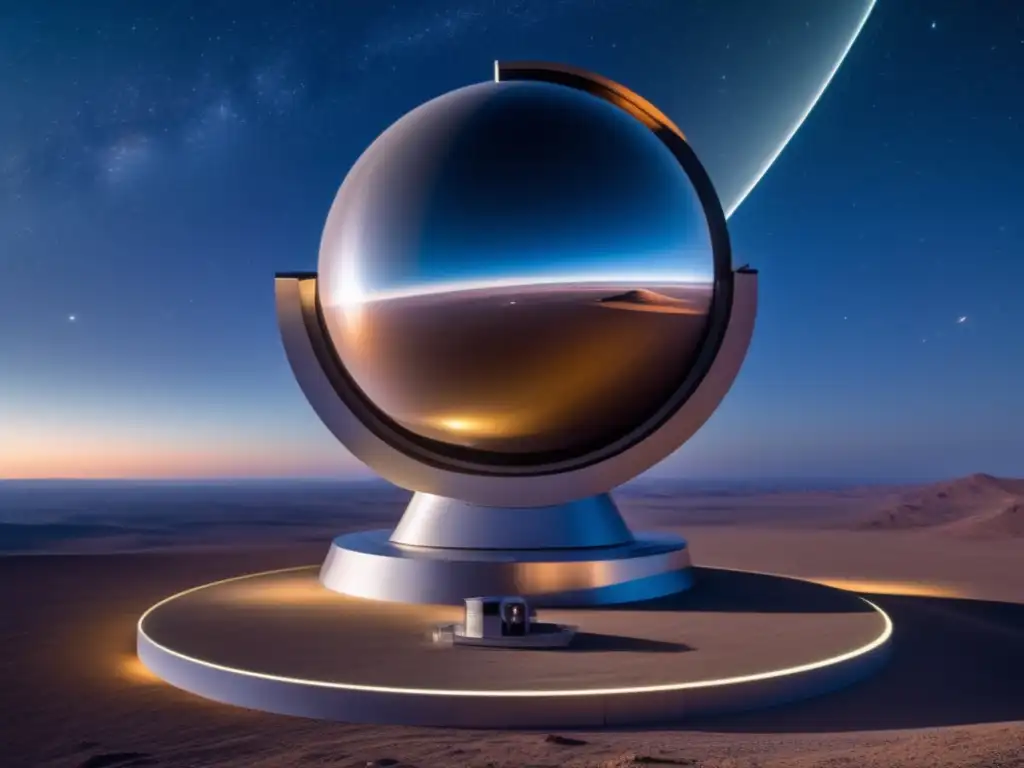Keeping A Logbook For Your Asteroid Observations

Introduction
Observing asteroids can be a thrilling experience for amateur astronomers and space enthusiasts. However, it's important to document your observations accurately and keep a logbook to record your findings. In this article, we will explore the importance of maintaining a logbook for your asteroid observations and provide valuable tips on how to do it effectively.
The Basics of Asteroid Observation

Choosing the Right Equipment
Before starting your asteroid observations, it is crucial to have the right equipment. A telescope with a good tracking system, a sturdy mount, and high-quality eyepieces will greatly enhance your ability to observe asteroids. Additionally, you may want to consider using filters to reduce light pollution and improve contrast.
Identifying Asteroids
Identifying asteroids can be challenging, especially for beginners. Familiarize yourself with star charts and online resources that provide asteroid positions. Software programs like Stellarium can also help you track and identify asteroids in real-time. Remember to note the position and identification number of the observed asteroid in your logbook.
Recording Your Observations
When recording your observations, it is essential to include the date, time, location, and weather conditions. Describe the appearance of the asteroid, noting its brightness, color, shape, and any noticeable features like satellites or cometary tails. Additionally, try to estimate the asteroid's size and compare it to nearby stars or constellations.
Tips for Maintaining an Effective Logbook

Organize Your Entries
To maintain an organized logbook, use a consistent format for each entry. Create columns or sections to include relevant information such as the date, time, location, weather conditions, equipment used, and observations made. This will allow you to easily search and analyze your data in the future.
Include Sketches and Diagrams
Consider adding sketches or diagrams to your logbook entries. These visual representations can help you remember specific details about the asteroid's appearance and aid in later analysis. Use common symbols to denote important features such as size, shape, and any unusual characteristics.
Use Digital Tools
While traditional paper logbooks are still popular, using digital tools can provide additional benefits. Digital logbooks allow for easy searching, organizing, and sharing of observations. There are various mobile apps and software specifically designed for astronomical observations that you can utilize.
Frequently Asked Questions

-
Can I use a regular camera to document my asteroid observations?
While a regular camera may capture the general position of the asteroid, it is unlikely to provide detailed observations. You would need specialized astrophotography equipment to capture clear images and record accurate data.
-
Do I need to have extensive knowledge of astronomy to observe asteroids?
While a basic understanding of celestial objects and their movements is helpful, anyone with an interest in space can observe asteroids. Start with simple observations and gradually expand your knowledge as you gain experience.
-
Are there any online communities where I can share my asteroid observations?
Yes, there are several online communities and forums dedicated to asteroid observations. These platforms provide opportunities to interact with fellow astronomers, share your findings, and learn from others.
-
How can I contribute my observations to scientific research?
Several organizations, such as the Minor Planet Center, accept amateur observations for scientific purposes. By submitting your data to these organizations, you can contribute to the study and understanding of asteroids.
-
What should I do if I discover a new asteroid?
If you believe you have discovered a new asteroid, it is important to follow proper protocols. Contact the relevant astronomical organizations or institutions for guidance on reporting and confirming your discovery.
Conclusion
Keeping a logbook for your asteroid observations is not only a practical way to record your findings but also an enjoyable activity that enhances your overall experience as an observer. By maintaining a detailed logbook, you can track your progress, contribute to scientific research, and create a valuable record of your astronomical journey. So, grab your telescope, start observing, and make sure to document your celestial encounters in your logbook!
Encourage the reader to share their thoughts in the comments section and to positively interact with www.asteroidrealm.com, whether by subscribing, sharing the article on social networks, or other forms of participation. Thank the reader for their time and attention.
Additional Resources

For more information on asteroid observation and astronomy, check out the following resources:
- "Asteroid Observing Guide" by the International Astronomical Union (IAU)
- "Astronomy Logbook" mobile app for convenient digital logkeeping
- "Asteroid Observation Techniques" article on Space.com
Remember to always explore reputable sources and continue expanding your knowledge of the fascinating world of asteroids!
 How To Identify Different Types Of Asteroids Through Observation
How To Identify Different Types Of Asteroids Through Observation Visual Aids To Improve Your Asteroid Hunting Skills
Visual Aids To Improve Your Asteroid Hunting Skills Tips And Tricks To Prevent Telescope Condensation During Asteroid Observation
Tips And Tricks To Prevent Telescope Condensation During Asteroid ObservationIf you want to discover more articles similar to Keeping A Logbook For Your Asteroid Observations, you can visit the Telescopes and Asteroid Observation category.
Leave a Reply

Articulos relacionados: